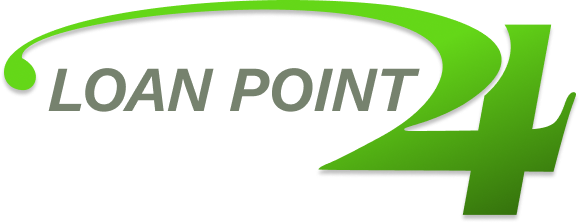How Does a Debt Management Plan Differ from Other Debt Relief Options?
Debt management plans are just one of several debt relief strategies available. Here’s how they compare to other options:
Debt Consolidation Loans: This option involves taking out a loan to pay off multiple debts, consolidating them into a single monthly payment. While effective for simplifying payments, it requires a good credit score to secure a favorable loan. A DMP, however, doesn’t require a high credit score since the agency negotiates directly with creditors to reduce rates and waive fees.
Debt Settlement: This involves negotiating with creditors to settle debts for less than the full amount owed. While it can reduce the debt amount, it may negatively affect credit scores. A DMP, on the other hand, focuses on reducing interest rates and fees without settling for less than the owed amount, preserving the debtor’s credit score.
Bankruptcy: Bankruptcy is a legal process that can discharge or restructure debts under court supervision. While it offers a fresh start, it can severely impact credit scores for a long time. A DMP offers an alternative to bankruptcy, allowing individuals to pay off their debts without the long-term negative effects on credit.
